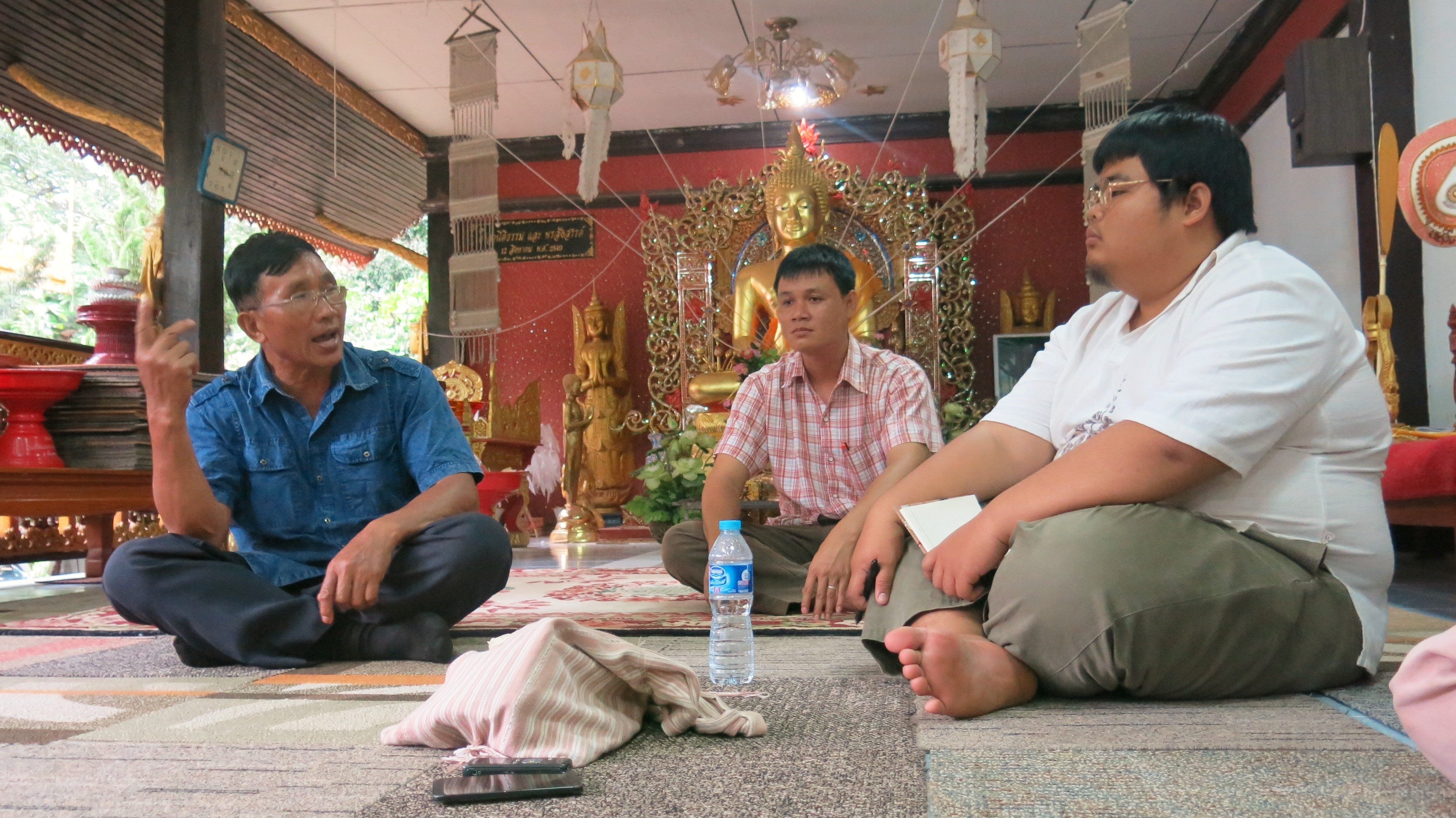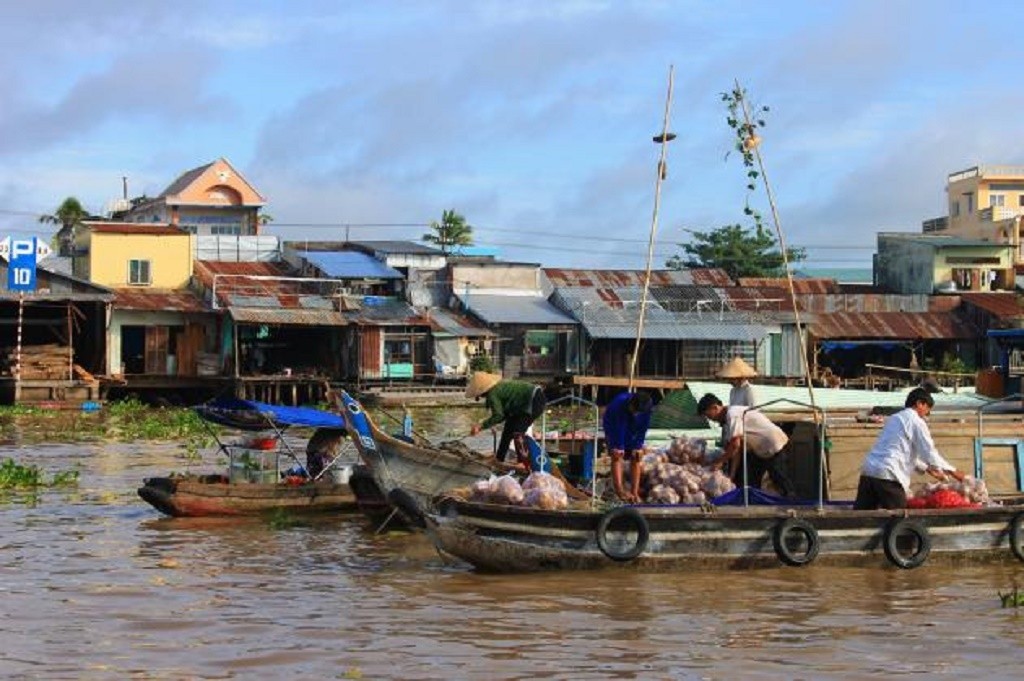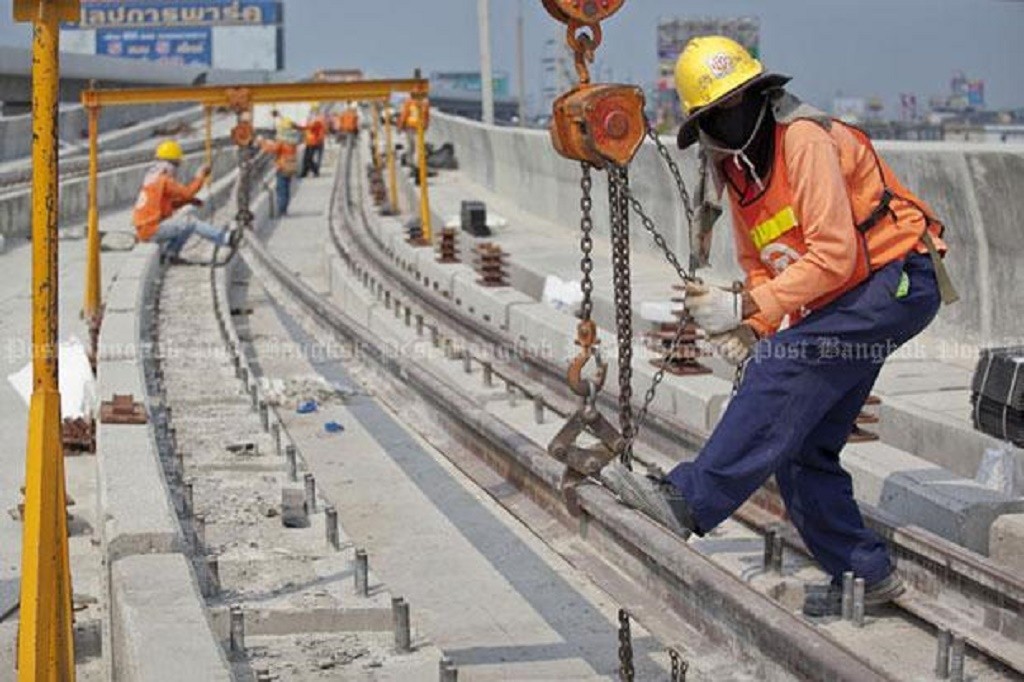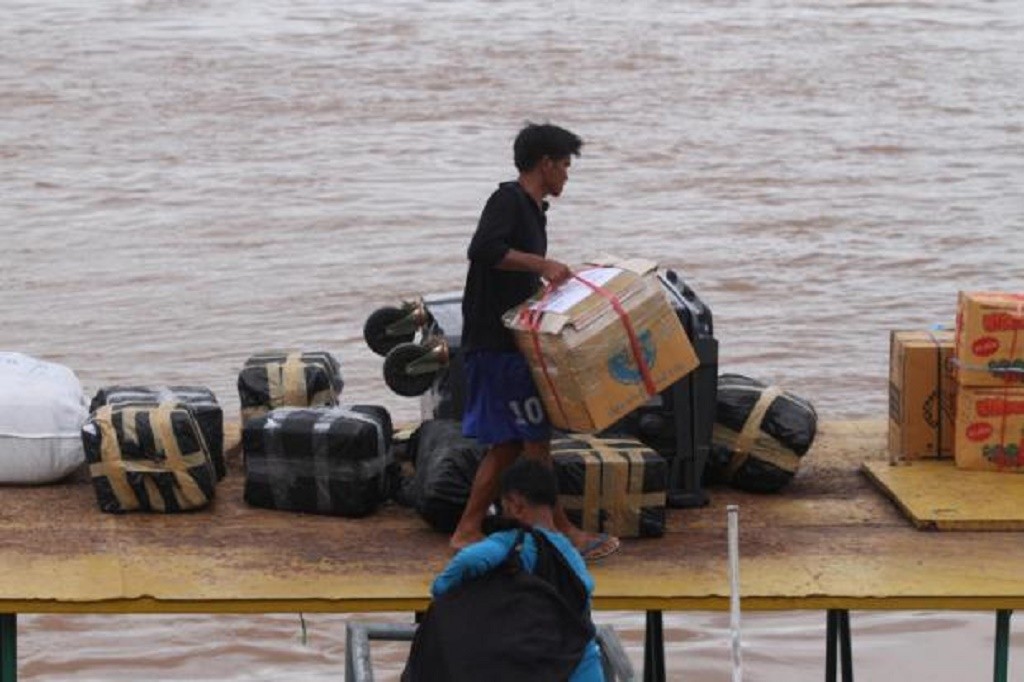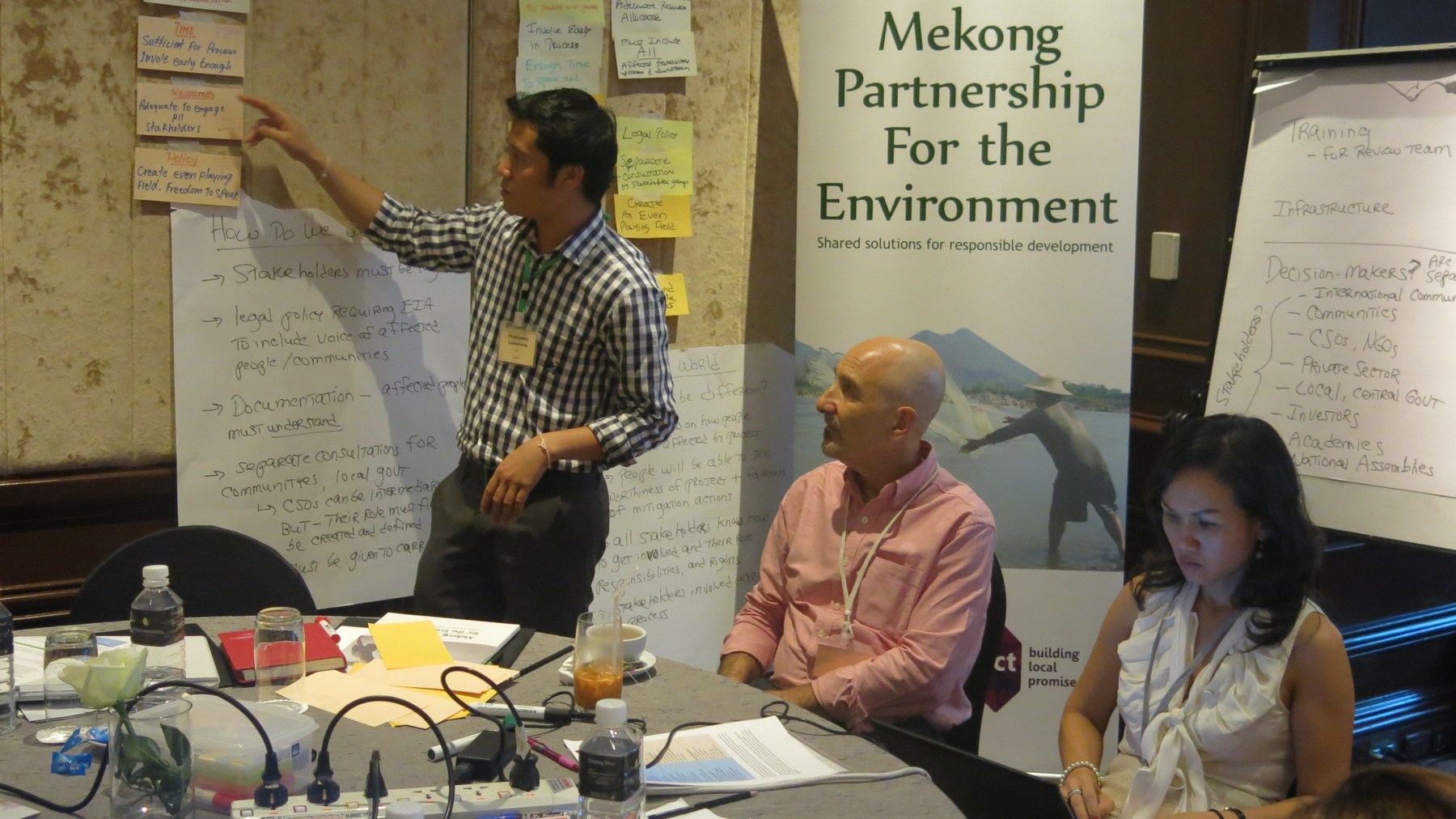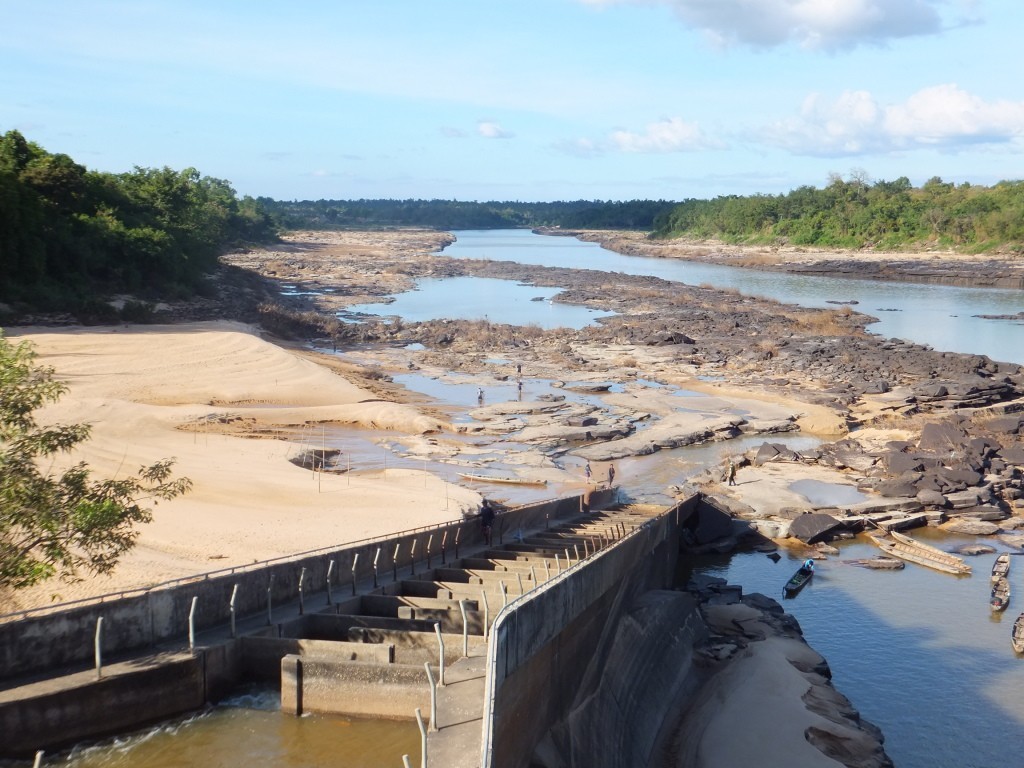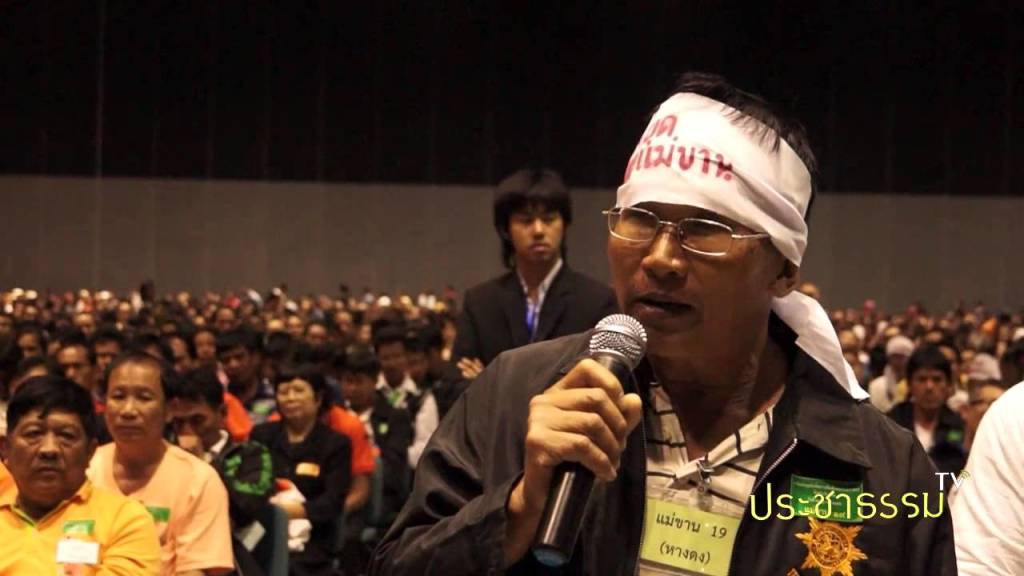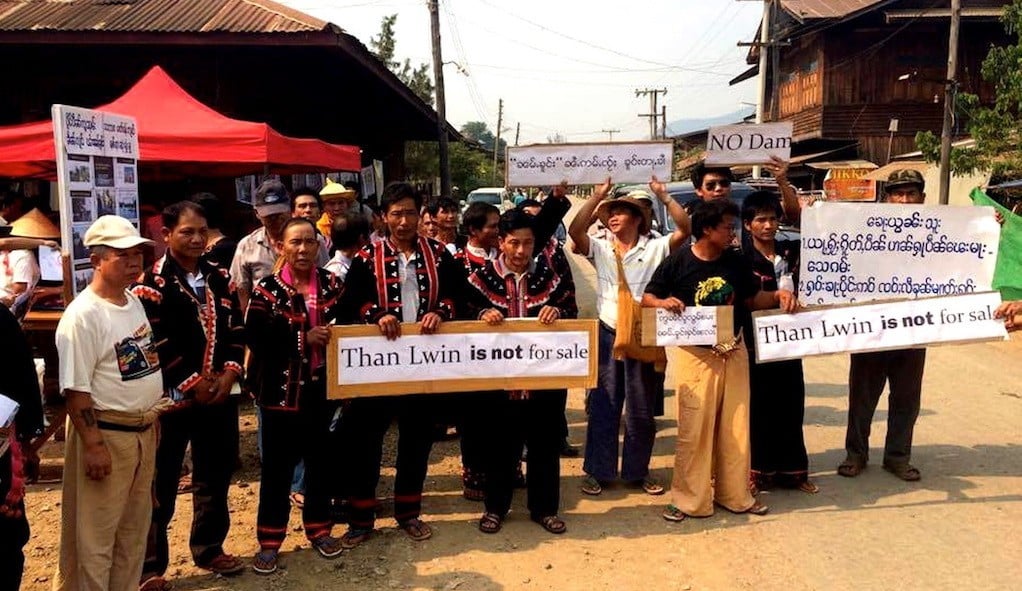“The forest is our main source of food year round. Our lives are tied to it,” said Mr Pan, 57, also the head of a two-century-old village located in the forest of Ob Khan National Park’s Mae Khan River basin. But this lifestyle based on nature is under threat. The villagers have lived with anxiety for 20 years under the shadow of a dam construction project that has been dusted off by successive prime ministers despite the villagers’ protests.
Category: Thailand
Vietnamese plea to Thailand: Don’t divert the Mekong
Thailand Prime Minister Prayut Chan-o-cha voiced plans to use water from the Mekong and Salween rivers to fill dams that have run low because of drought and poor water management. But the PM’s remarks have caused shockwaves in the Mekong Delta, which would be directly affected if such a project was to go ahead.
People’s demand to cancel PDP 2015 and start a new transparent process
As a result of the recent endorsement of Thailand’s Power Development Plan B.C. 2015-2036 (PDP 2015) which is leading to the construction of power plants with capacity of 57,459 megawatts in the next 20 years signifying the security necessary of the country’s electricity, there were several irregularities found after the examination of the content of the plan. The key concern is that the PDP in 2015 will also lead to the unnecessary construction of the power plant investment. Not only this investment will not be beneficial but will instead incur long-term financial burdens to consumers with more than 6.7 billion baht.
Higher PPP investment limit urged
The Thai government hopes to ease its public debt burden by luring the private sector to invest more in multibillion-baht infrastructure projects, especially in telecommunications and transport, through public-private partnerships (PPPs).
Mukdahan resists industrial plan
The Bangkok Post looks at the northeastern province of Mukdahan, which borders Laos, in the third of a six-part series on special economic zones.
Mine operator in Isan threatens to sue high school student
A gold mine company is threatening to sue a high school student who reported the environmental effects of mining activities in Isan, Thailand’s northeast.
Government and civil society support strong Environmental Impact Assessments
Government and civil society representatives highlighted the need for strong and inclusive environmental impact assessment (EIA) policies and practices in the Mekong region at a meeting this week in Bangkok, Thailand.
Dam EIAs enable “river grabbing”
Water and river grabbing refers to situations where powerful actors such as developers and governments are able to take control of, or reallocate to their own benefits – including decision-making power – the use of rivers and water resources.
Do Environmental Impact Assessments (EIAs) allow ‘river grabbing’?
Though hydropower is considered a form of clean energy, the construction and operation of hydropower dams can drastically destroy rivers, and alter people’s way of life forever. Therefore, assessment of the environmental impacts of specific hydropower projects is crucial to avoid what can be called ‘river grabbing’.
Shan and Karen CSOs strongly oppose Salween Dam
Villagers and CSOs from Shan State and Karen State on 10 March protested against the Mong Ton hydropower project during the first public consultation meeting held by the Australian consulting firm, the Snowy Mountain Engineering Corporation (SMEC) in Taunggyi, Shan State.


